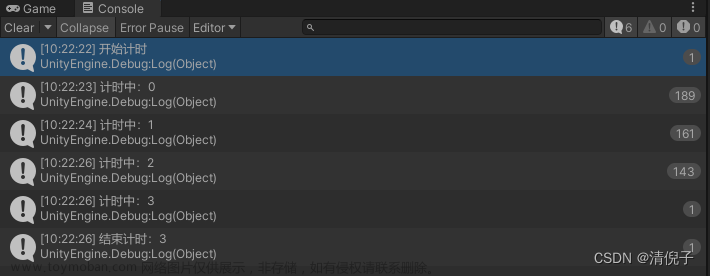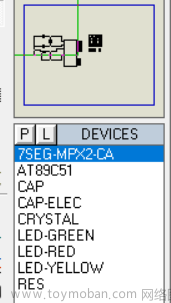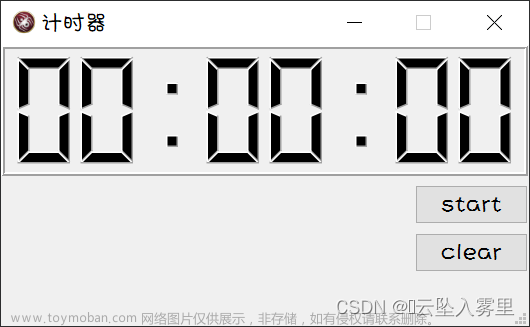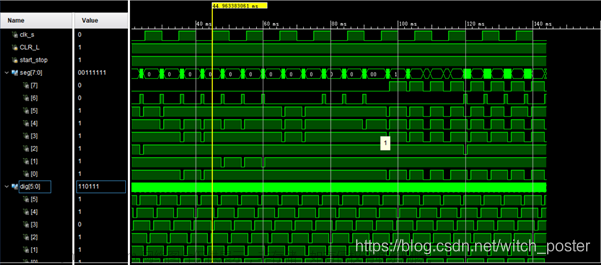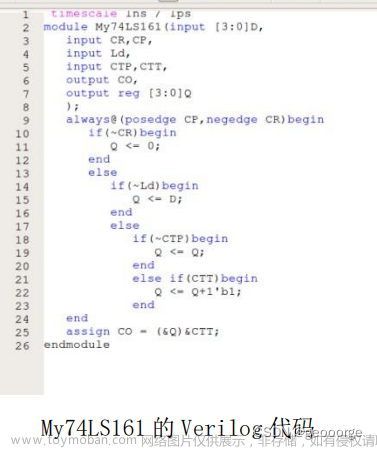1.计时器
1.定义一个float 的变量
2.然后逐帧减去Time.DeltaTime 的值,直到最后小于0
using System.Collections;
using System.Collections.Generic;
using UnityEngine;
class Test : MonoBehaviour{
private float timer = 2f;
void Update(){
if(timer < 0){
//Doing Something...
}else{
timer -= Time.DeltaTime;
}
}
}
1.协程
1.定义一个返回值为 IEnumerator 的方法,在通过StartCoroutine开启这个协程即可。
注意这里需要使用的是IEnumerato而不是IEnumerable这两者的区别:
-
IEnumerator:是一个迭代器接口 -
IEnumerable:是在IEnumerator基础上的一个封装接口,有一个GetEnumerator()方法返回IEnumerator
StartCoroutine 的几种重载方法
-
StartCoroutine(string methodName): 这种只适用于没有参数的情况 -
StartCoroutine(IEnumerator routine):通过方法的形式调用 -
StartCoroutine(string methodName, object values):适用于有参数的使用,并在后面依此传入参数的值
using System.Collections;
using System.Collections.Generic;
using UnityEngine;
class Test : MonoBehaviour{
void Start(){
StartCoroutine(Func(2.0f));
//StartCoroutine("Func", 2.0f)
}
IEnumerator Func(float delay){
yield return new WaitForSeconds(delay); //程序在这里等待delay长的时间后,再去往下执行
//Doing Something...
}
}
yield的补充
-
yield return null:暂停协程等待下一帧继续执行 -
yield return 0或其他数字:暂停协程等待下一帧继续执行 -
yield return new WairForSeconds(时间):等待规定时间后继续执行 -
yield return StartCoroutine("协程方法名"):开启一个协程(嵌套协程)
-
yield return GameObject; 当游戏对象被获取到之后执行 -
yield return new WaitForFixedUpdate():等到下一个固定帧数更新 -
yield return new WaitForEndOfFrame():等到所有相机画面被渲染完毕后更新 -
yield break; 跳出协程对应方法,其后面的代码不会被执行
3.Invoke调用
Invoke也是Unity中一种延迟调用机制,但是被调用的函数不能有参数文章来源:https://www.toymoban.com/news/detail-469362.html
Invoke的常用两种方法文章来源地址https://www.toymoban.com/news/detail-469362.html
-
Invoke(string methodName, float time): 延迟time秒之后调用methodName函数 -
InvokeRepeating(string methodName, float time, int repeatRate):重复repeatRate次调用
using System.Collections;
using System.Collections.Generic;
using UnityEngine;
class Test : MonoBehaviour{
void Start(){
Invoke("Func", 2);
//InVoke("Func", 2 ,3);
}
void Func(float delay){
Debug.Log("Doing Something... ")
//Doing Something...
}
}
到了这里,关于Unity三种方法实现延迟执行的文章就介绍完了。如果您还想了解更多内容,请在右上角搜索TOY模板网以前的文章或继续浏览下面的相关文章,希望大家以后多多支持TOY模板网!

